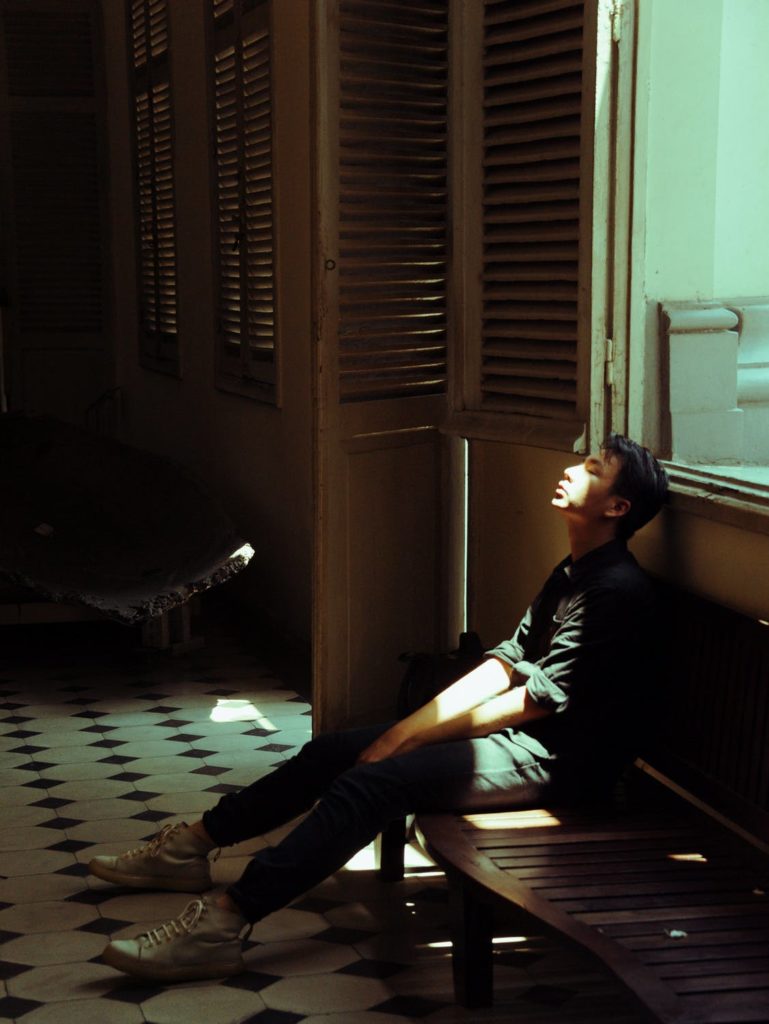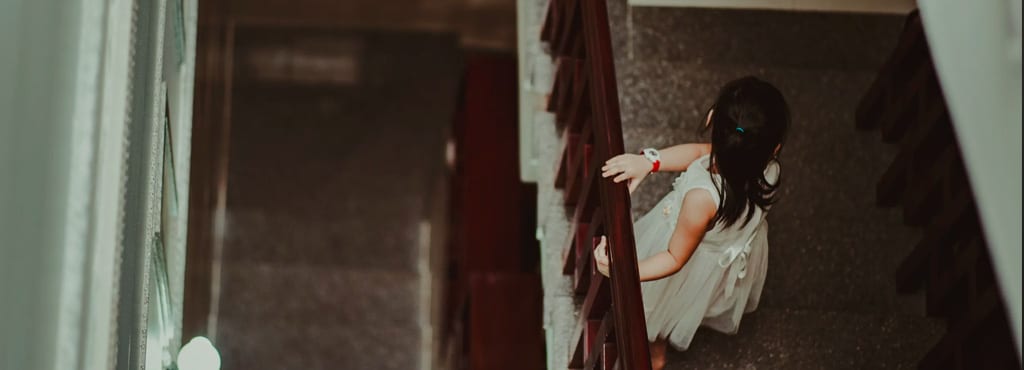When you’ve been involved in litigation for 30 years you encounter a broad spectrum of society.
I’ve acted for super-rich celebrity tax exiles. I’ve acted for individuals who live in bedsits (I lived in a bedsit, more than once!). I’ve acted for airline pilots, corporate analysts, doctors, designers, award winning pottery makers, petrol-heads, bookmakers, factory workers, builders, taxi drivers. I’ve acted for people who can’t work, and those who can’t find work. I’ve acted for children, parents, the retired, families of the deceased. I’ve acted for the seriously mentally ill. I’ve acted for gays and lesbians. I’ve acted for persons who’ve changed sex (gender reassignment) decades before this was headline celebrity news. I’ve acted for university lecturers, and those who find the spoken word a challenge. And and and….

Of course, our society is diverse in every possible sense, which means those engaged in litigation are also diverse in every possible sense, a proportion of whom are vulnerable – vulnerable meaning they face greater challenges in managing day to day life, and thus face greater challenges accessing justice.
The rules that govern civil litigation – the Civil Procedure Rules (CPR) – are not diverse in any meaningful sense. Nor are they sensitive to the challenges of vulnerable people.
There are caveats and exceptions, of course. But the reality is that if you end up infront of a District Judge in a County Court you’re likely to find little sympathy if you struggle with language, if you suffer acute anxiety, if you don’t understand the questions asked, or the legal procedure that you must follow.
When I started training in the 1980s I stood in queues in the High Court waiting to reach a glass barrier behind which a character, looking and speaking like a villain in Harry Potter, grabbed the carefully drafted document that needed some kind of Court seal, before rejecting it because the date had been written in the wrong place, or the wording was not strictly what was required, or there needed to be more copies, or it needed to be folded differently, or the pink ribbon was too thin, or I was just wearing the wrong trousers or my shoes didn’t shine enough.
That was court officials.
Judges weren’t much kinder. They looked at you from behind half-moon glasses growling some obscure comment who’s meaning an articled clerk (trainee) had no little prospect of understanding.
Society is changing. Bullying abrasive behaviour endemic in the 1980s, isn’t tolerated as we approach the second decade of the 21st century. Even the civil justice system recognises this (maybe, sometimes).
Society is changing. Bullying abrasive behaviour endemic in the 1980s, isn’t tolerated as we approach the second decade of the 21st century.
Recognising the need to change, recognising the need to enable people who struggle to access justice, to have better access to justice at a time when the civil justice system is being devalued, under-funded, privatised (in effect), that’s a bit of challenge.
I have found myself at the sharp end of the difficulties faced by a person whose ability to use language, and whose ability to process thoughts, make him vulnerable, so much so that almost certainly even as recently as 10-15 years ago, the probable advice would have been not try to fight his case. The obstacles were too great. The prospect of a fair hearing was too slim.
I’ll give greater detail on this case in the next post. For the present, suffice it to say that the case continues despite the procedural nightmare it has caused.
Partly because of this case, I have paid close attention to attempts to bring about change in the civil justice system with respect to vulnerable parties. A quango – the CJC – The Civil Justice Council – which lives within the system, has been has been engaged in consultation. Here is my letter published in the Law Society Gazette setting out my concerns about how the CJC have approached the issue of improving access to justice for vulnerable parties:
Letters roundup – 28 October 2019
Brutally unsympathetic to the vulnerable
Usually the Civil Justice Council brings fresh air to debates on difficult legal issues. To wit, the opening of the consultation paper Vulnerable Parties and Witnesses within Civil Proceedings: ‘Access to justice, just procedures and fair hearings are essential elements of our justice system. To ensure the system works properly such elements need to cater for parties and witnesses, who by reason of mental or physical disability/disorder, impairment of intellectual or social functioning, fear or distress, are vulnerable.’
Read more: https://www.lawgazette.co.uk/feedback/letters-roundup-28-october-2019/5101900.article
Yep, there are issues. Better access to justice for the vulnerable isn’t around the next corner.
John Holtom
12th November 2019.



